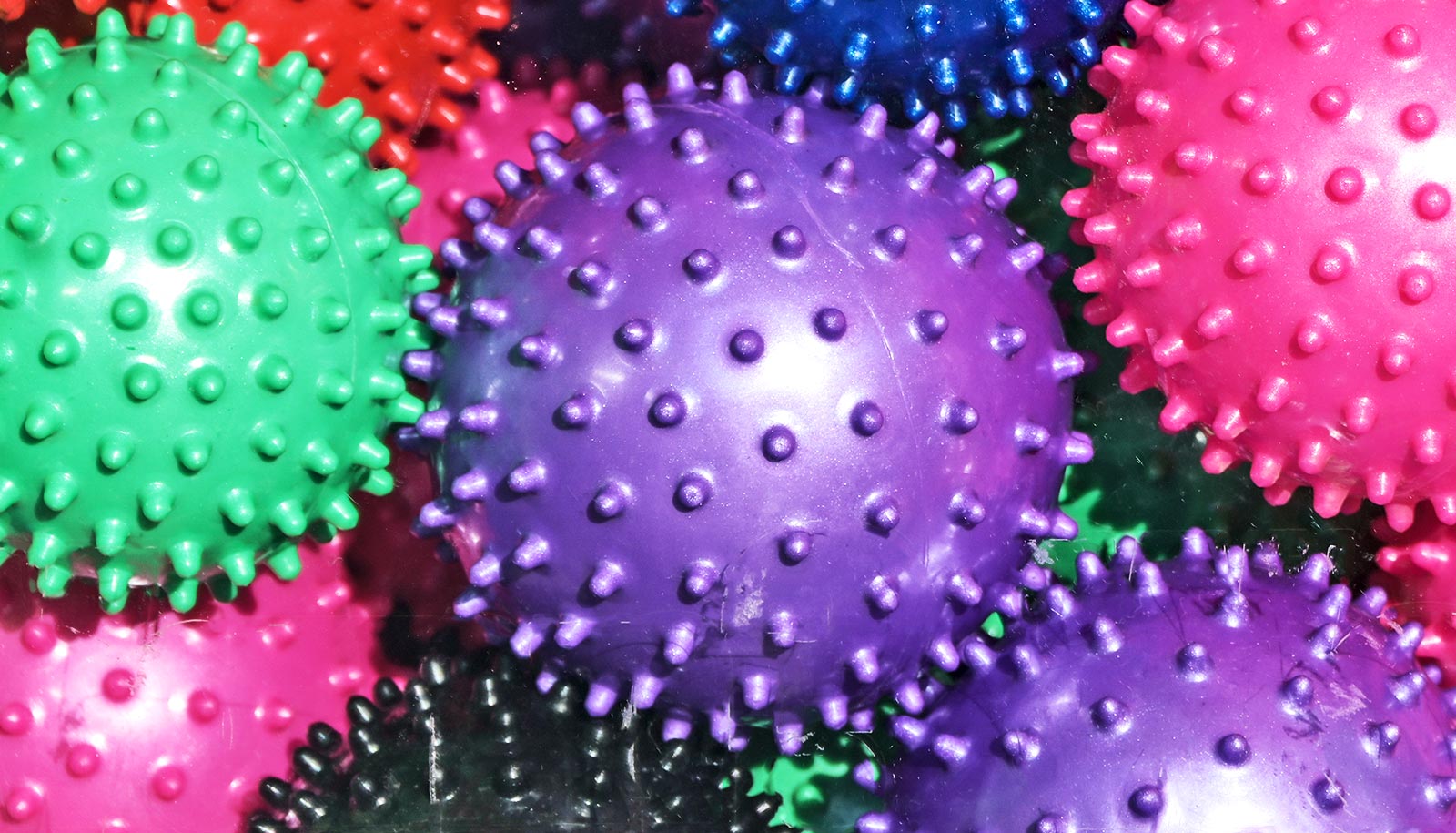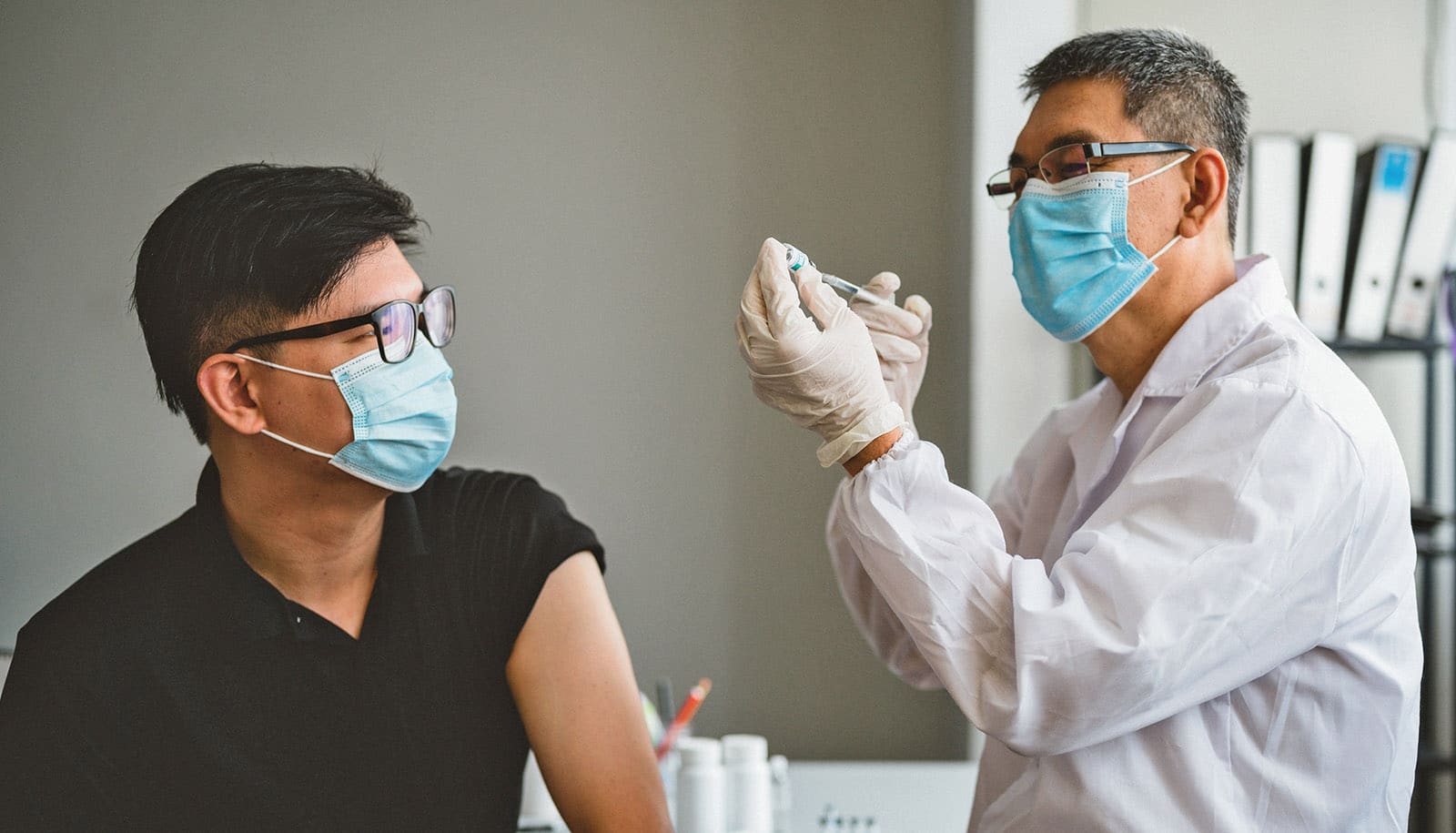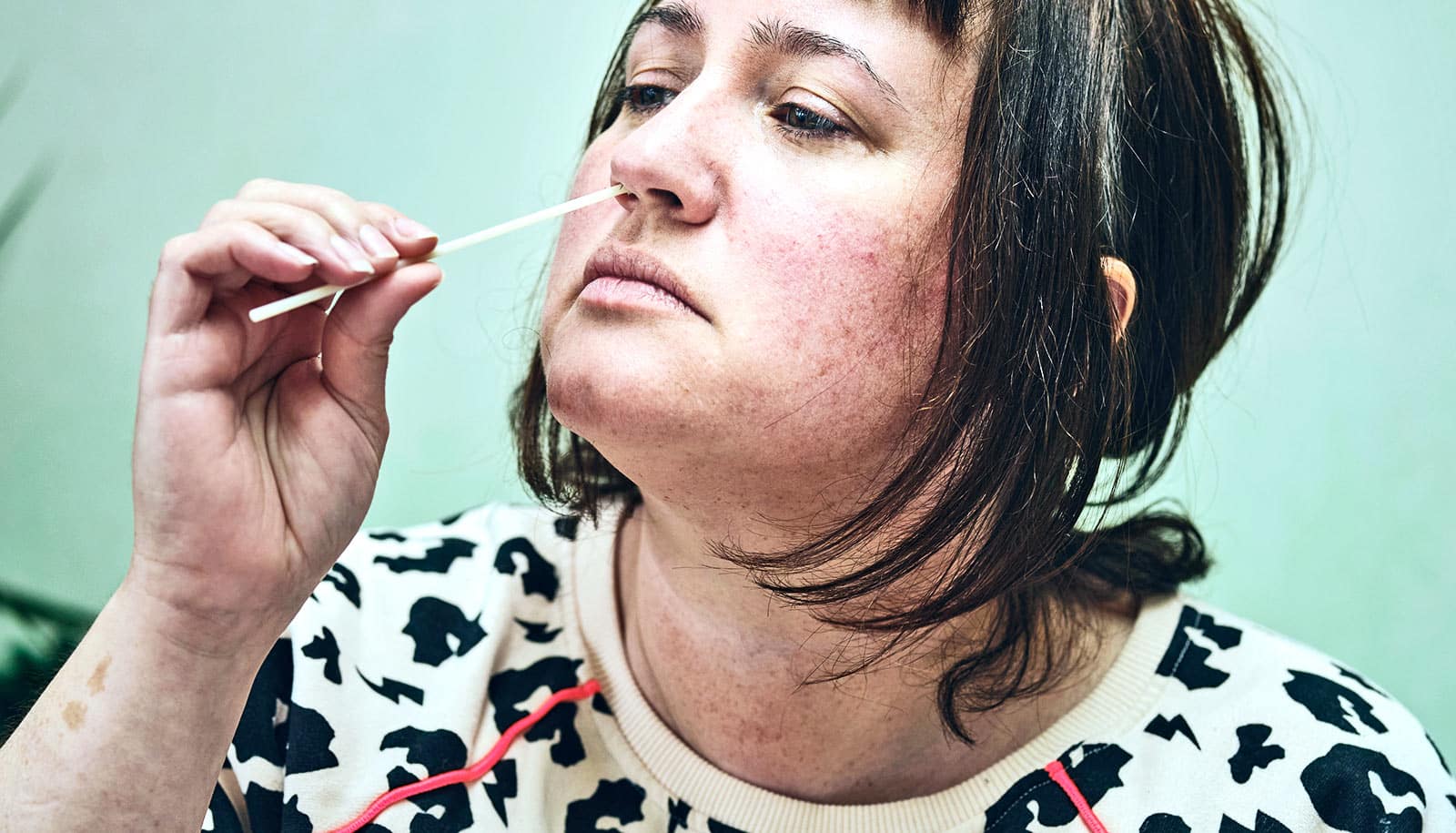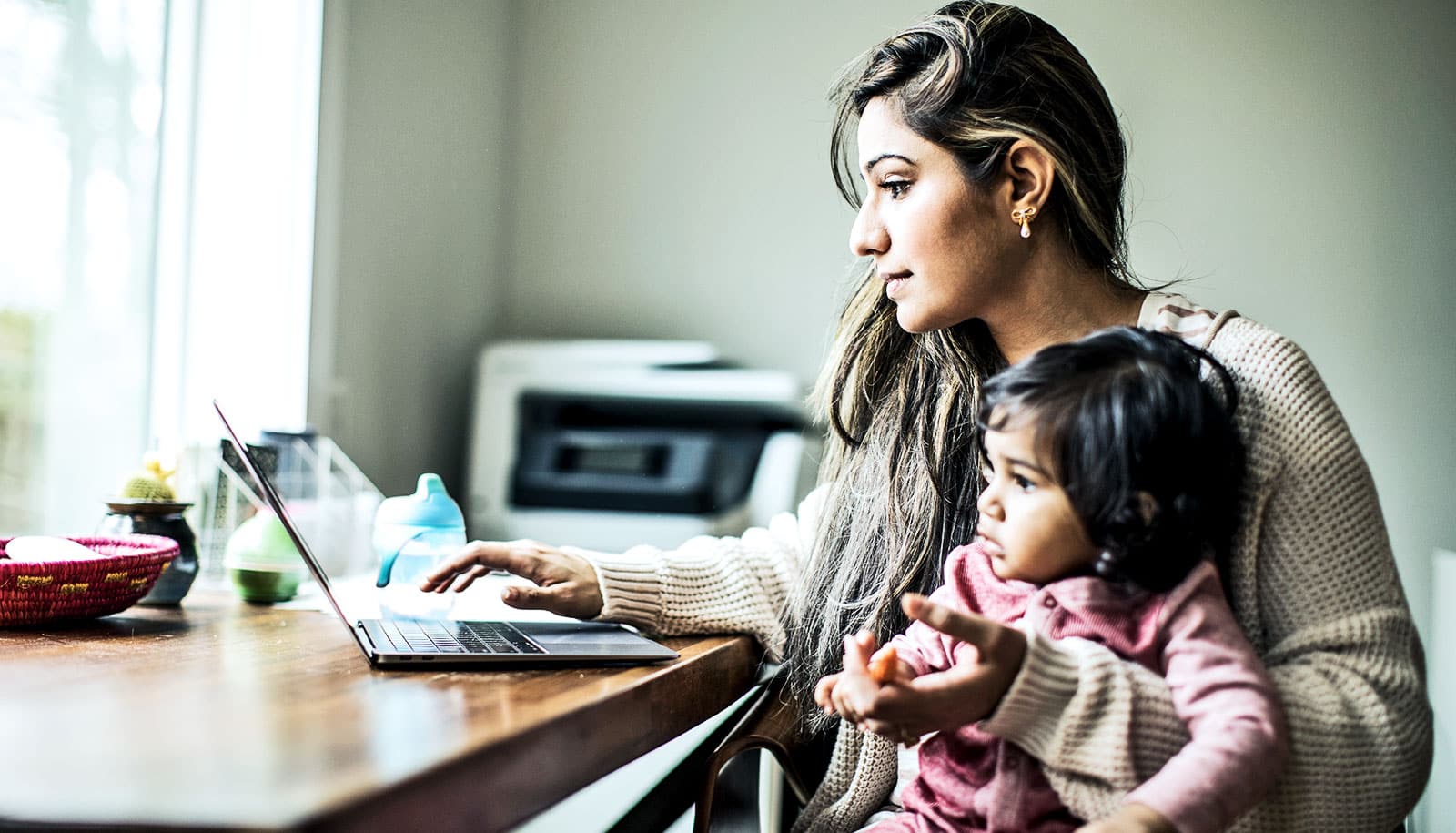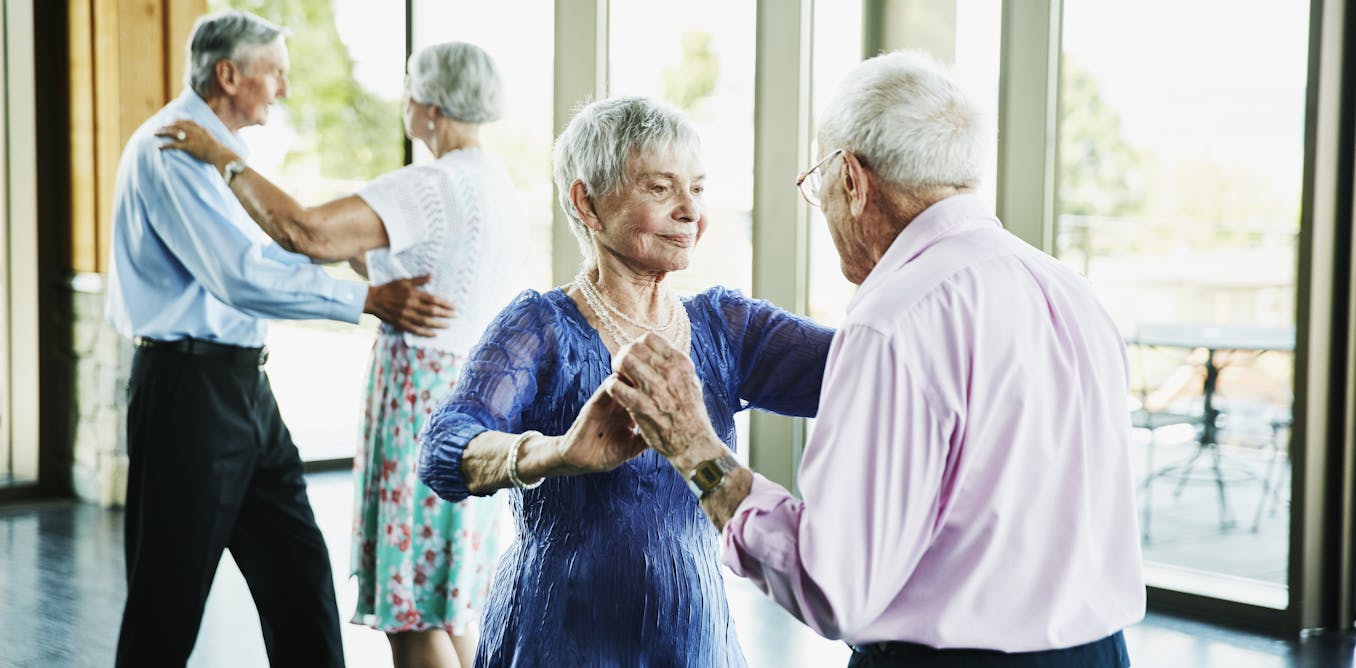Long COVID stemmed from mild cases of COVID-19 in most people, according to a new multicountry study
While there are still far more questions than answers about long COVID-19, researchers are beginning to get a clearer picture of the health and economic consequences of the condition.
Theo Vos, Professor of Health Metric Sciences, University of Washington •
conversation
Jan. 5, 2023 • ~6 min
Jan. 5, 2023 • ~6 min
Kick up your heels – ballroom dancing offers benefits to the aging brain and could help stave off dementia
Dancing requires physical, social and cognitive engagement and, as a result, it may bolster a wide network of brain regions.
Helena Blumen, Associate Professor of Medicine and Neurology, Albert Einstein College of Medicine •
conversation
Jan. 3, 2023 • ~5 min
Jan. 3, 2023 • ~5 min
/
308


